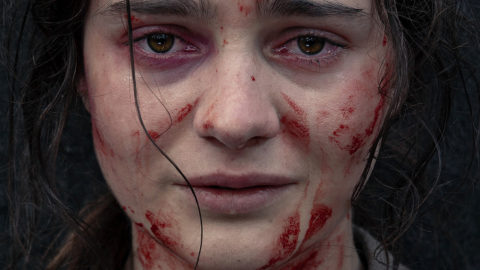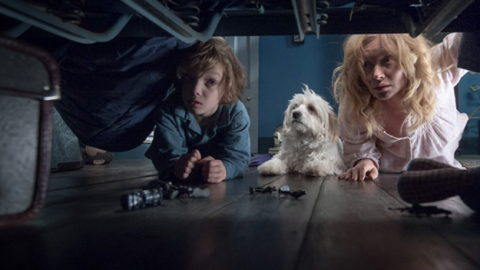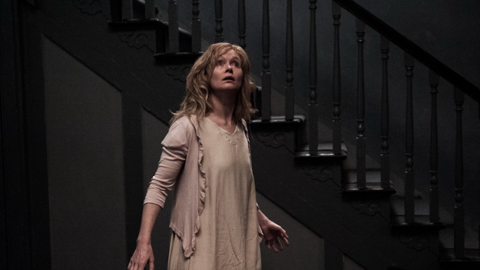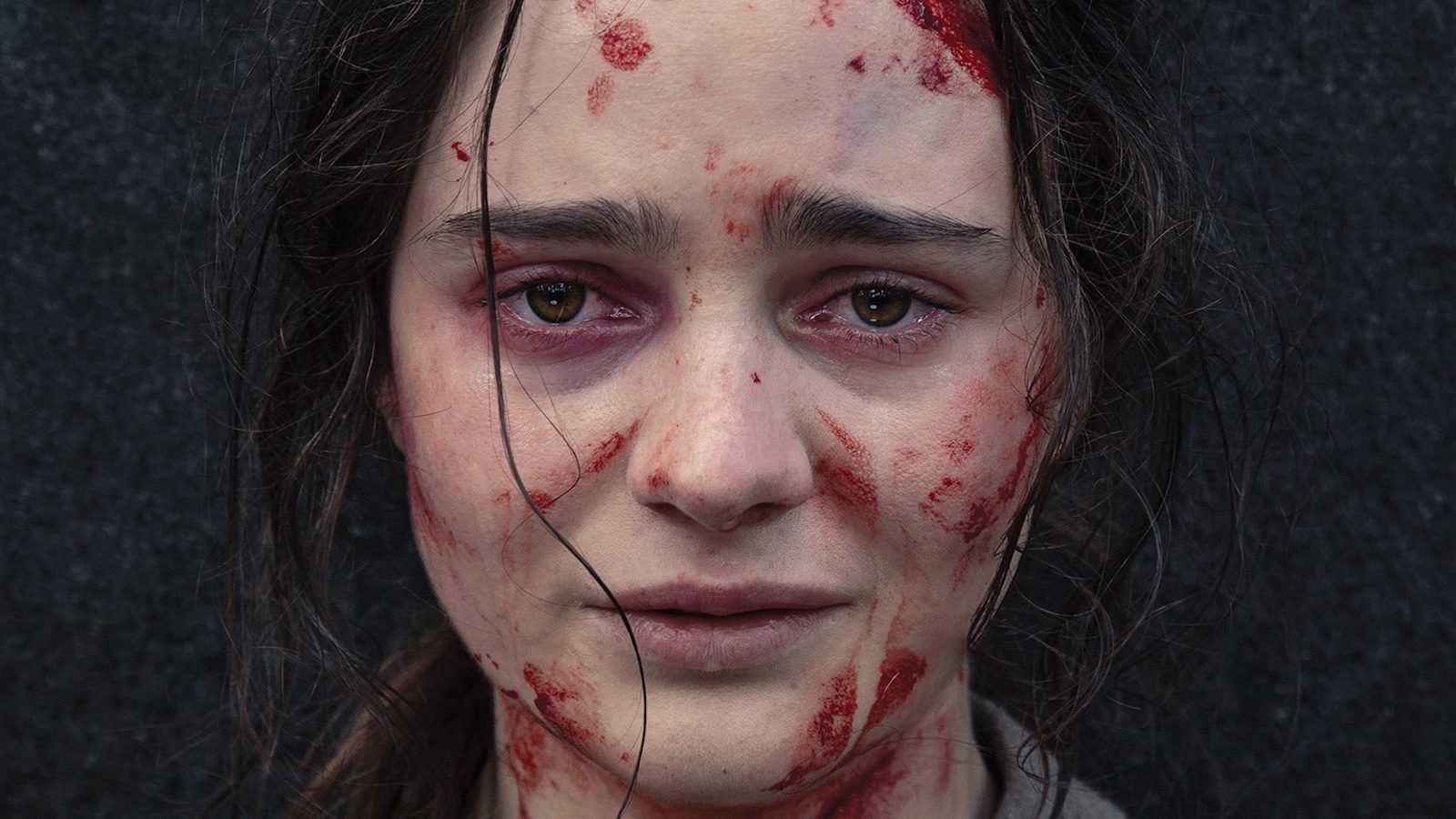
The Big Screen: The Nightingale
Not gonna lie, my immediate reaction after clapping eyes on British lieutenant Hawkins (Sam Claflin) was, oh hey he’s cute... for a basic white guy. Questionable taste in men, as it happens, is not beside the point in The Nightingale, a movie whose languorous runtime affords ample mental space to reflect on one’s culpability. A disquisition on the historical crimes subtending the category “basic white guy,” Jennifer Kent’s follow-up to The Babadook is another kind of horror film, in which the monster has crept from the shadows of one woman’s psyche to brutalize the daylit social field. This creature’s name is colonialism, and, unlike the title character of Kent’s breakout, he is very much not going to become a queer meme. Hawkins is posted to a penal camp in 19th-century Tasmania where he oversees a small population of Irish prisoners. His attentions center on Clare (Aisling Franciosi), a young woman seven years into her sentence for a minor crime. Married to fellow prisoner Aidan (Michael Sheasby) and mother to a newborn daughter, Clare is compelled by Hawkins to regale the Brits with nightly song and then repeatedly raped. In retrospect, this cliché of the brutalized songbird establishes a pattern of platitudes that grows more apparent as the movie works through the reverberations of its traumatic first act. I will spare you the details that Kent does not; in a scene of unflinching nastiness, Clare’s world is shattered, and the story gets moving as a classical revenge saga.
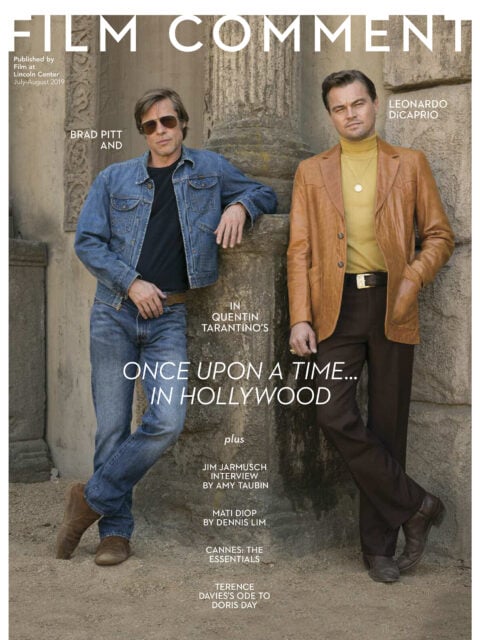
Clare employs an Aboriginal guide named Billy (Baykali Ganambarr) to help her track down Hawkins and his goons, and the first sign that The Nightingale might have more on its mind than executing Clare’s retribution is the way she barks commands at her “boy.” As they make their way through the jungle, the shape of the revenge epic in progress gradually takes on the texture of something more complex, with the sympathy we’re invited to extend to a Woman Wronged starting to fold back on itself. The domination of the Irish by the British triangulates with the indigenous people enslaved, literally or ideologically, by both. Kent slides her nominal protagonist into this middle position with care, gradually subsuming the injuries Clare suffers into the poisonous logic of colonialism. At once victim and perpetrator, rapt in vengeance but blind to her own complicity, Clare is, pointedly, a White Woman Wronged.
The remainder of The Nightingale—there’s quite a bit of it, trudging through mud and blood and rubbing our faces in both along the way—examines these nested forms of colonial power. Is Clare’s mania for revenge aimed at justice, or does it perpetuate some fundamental colonial psychosis? Is she an anti-hero or symptom, or both? These tough-minded questions sustain a certain critical force in the face of mounting bromides. Hawkins is a clownish villain, and there’s something cheap in the way his acts of brutality bid for our attention. The banality of his evil is itself a banality. Ganambarr gives the more nimble, avid performance, but his role is even more troubling, for if The Nightingale is finally a movie devoted to anti-colonial consciousness-raising, Billy’s central function is to serve as Clare’s Sherpa up the mountain of Wokeness.
Lumbering through the final reel, her will to vengeance diffused by the ordeal of her journey and displaced by her rapport with Billy, Clare ends up less an audience surrogate than an emblem of the film’s wavering concentration. Kent is a genuine filmmaker of ideas, but The Nightingale is clipped by problems of form. The movie’s lack of surprise and resort to cliché are part and parcel of its faith that the more you illustrate colonial violence, the closer you get to disclosing its terror and denouncing its effects.
Nathan Lee is a longtime contributor to the magazine.



